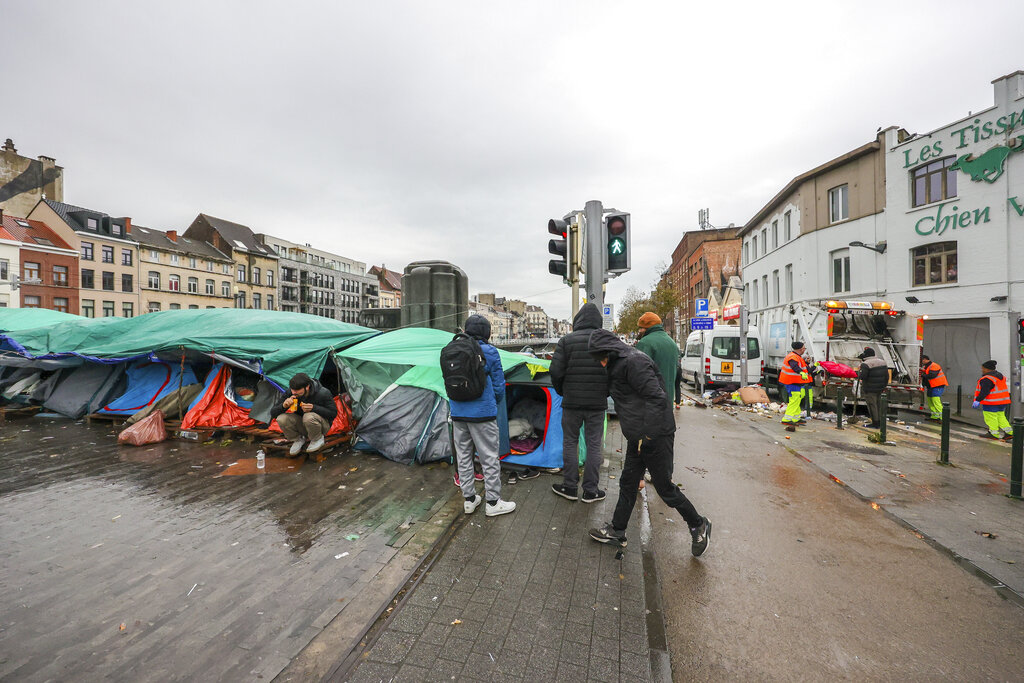After more than two years of work by a special committee on Belgium’s colonial past, the federal parliament has not reached any agreement on whether to apologize to former colonies — the Democratic Republic of Congo, Burundi, and Rwanda — for a system based on exploitation, The Brussels Times reported on Tuesday.
Liberal Belgian parties, the Open Flemish Liberals and Democrats (Open VLD) and the Reform Movement (MR), have explicitly opposed a formal apology, instead considering King Philip’s visit to Congo in June, where he expressed his deep regret, as a sufficient gesture to the former colonial countries.
The Walloon Socialist Party, on the other hand, says it is not enough. Two right-wing parties, the Flemish Interest and the New Flemish Alliance, boycotted Monday’s final vote on the issue.
According to The Brussels Times, the difference between an offer of regret and an apology may seem negligible, but many parties fear that a formal apology could give Congo the right to claim financial compensation from Belgium.
Belgian Green Party politician Wouter de Vriendt, chairman of the special committee, said: “The aim of the panel’s work was to clarify the situation and draw useful lessons for the future, but some parties felt that an apology would cross a line.”
He added that the mandate of the parliamentary select committee expires at the end of the year, which means that there is virtually no chance of consensus between the political groups.
The former Congo Free State became one of Belgium’s most important colonies in 1908, but before that, from 1885, it was the personal property of Belgian King Leo II. During the colonial period, the exploitation of the country’s resources was carried out in an allegedly cruel manner. Some members of the indigenous population were subjected to torture, and villages that failed to meet their quotas were in some cases burned.
The country, then known as the Belgian Congo, gained independence on July 1,1960.





